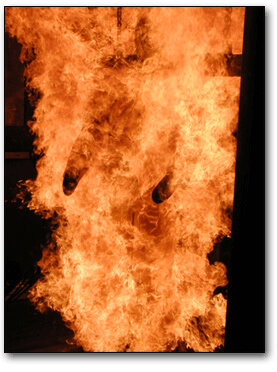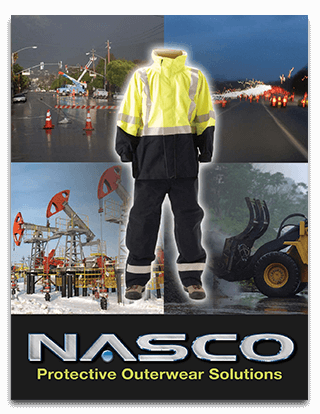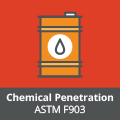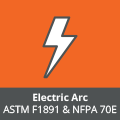Flash Fire Standards
Flash Fire Standards
For the petroleum, petrochemical and chemical industries, the flash fire hazard has been a growing concern. Recently, however, several very serious incidents have made the industry look at ways to protect their workforce.
The flash fire hazard can be deadly due to the burn injury sustained during an exposure. A person’s ability to survive is a function of their age, the severity and amount of burn injury. Not having the ability to control a workforce’s age means that an employer must try to reduce the severity and amount of burn injury. As age, severity, and amount of burn injury increase, survivability decreases.
The purpose of clothing worn by the worker should be to minimize the severity and percentage of body burn when exposed to a flash fire. Third-degree burn injury should be prevented while second-degree burns should be minimized. This will create the best chance for worker survivability.

Resource Info
| Related Standards | |
|---|---|
| Standard | Name |
| F2733-17 | Standard Specification for Flame Resistant Rainwear for Protection Against Flame Hazards |
| F 955-15 | Standard Test Method for Evaluating Heat Transfer through Materials for Protective Clothing Upon Contact with Molten Substances |
| F1002-15 | Standard Performance Specification for Protective Clothing for Use by Workers Exposed to Specific Molten Substances and Related Thermal Hazards |
| F1060-15 | Standard Test Method for Thermal Protective Performance of Materials for Protective Clothing for Hot Surface Contact |
| ASTM F1358 / F1358M-20 | Standard Test Method for Effects of Flame Impingement on Materials Used in Protective Clothing Not Designated Primarily for Flame Resistance |
| F1449-20 | Standard Guide for Care and Maintenance of Flame, Thermally and Arc Resistant Clothing |
| F1930-18 | Standard Test Method for Evaluation of Flame Resistant Clothing for Protection Against Flash Fire Simulations Using an Instrumented Manikin |
| F939-15(2020) | Standard Test Method for Radiant Protective Performance of Flame Resistant Clothing Materials |
| F2302-20 | Standard Performance Specification for Labeling Protective Clothing as Heat and Flame Resistant |
| NFPA 2112-2018 | Standard on Flame-Resistant Garments for Protection of Industrial Personnel Against Flash Fire |
| ISO 17493:2016 | Clothing and equipment for protection against heat — Test method for convective heat resistance using a hot air circulating oven |
| CAN/CGSB155.20-2017 | Recommended Practices for the Provision and Use of Workwear for Protection Against Hydrocarbon Flash Fire |







